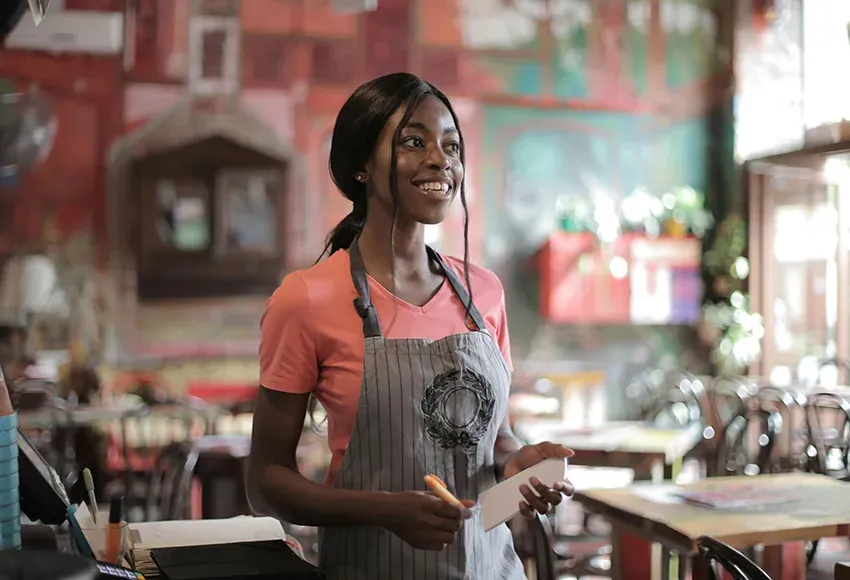
Ask Izzy is an advice column about relationships, mental health, and sexuality. Written by Isabel Mata – a Seattle-based lifestyle writer, podcast host, and mental health advocate – Ask Izzy offers tangible expert advice so all readers can have stronger relationships, better sex, and healthier mindsets. Submit your question today by filling out this survey
There exists a common misconception that some jobs are inherently superior to others.
Now, before you challenge me on this, I acknowledge that there are certain roles that offer more favorable conditions. A remote job, working from home, handling customer service while multitasking with laundry, is in fact a good job. Conversely, there are those positions plagued by toxic work environments, unsupportive colleagues, or inadequate compensation, earning them the label "bad job."
However, the truth is far more nuanced, at least from my perspective.
Hailing from Rochester, New York, I was raised amid a prevailing narrative that there was one singular route to success: graduate high school, pursue higher education, and secure a respectable office job with benefits and camaraderie. Meanwhile, roles in the service, retail, or labor industry were stigmatized, viewed as indicators of failure post-high school. This narrative, though deeply entrenched, is flawed, perpetuated by societal norms and familial expectations. The truth is there is no one meaning of success, nor is there a clear path to it.
My perspective underwent a seismic shift during the upheaval of the COVID-19 pandemic, when I found myself unexpectedly laid off from what I had deemed an enviable job. As I reflected on my experience, I realized the toxicity of the environment, the lack of acknowledgment for my contributions, and the feeling of exploitation. This awakening prompted me to challenge my biases toward certain professions, acknowledging my tendency to dismiss roles I deemed inferior.
This epiphany spurred me to explore alternative career paths. I posed crucial questions to myself: How did I wish to spend my time, and what form of compensation truly resonated with me? Instead of fixating on traditional corporate roles, I contemplated opportunities that offered genuine fulfillment.
For instance, I considered employment at Trader Joe's, craving human interaction and physical engagement. Rejecting the prospect of corporate burnout, I pursued a more active and rewarding avenue, eventually finding fulfillment teaching pilates at a studio.
This turned out to be a great thing. I had flexibility with my hours, was paid for my time, and enjoyed the job itself. But in my downtime, I struggled with thoughts of not doing enough. It was hard to accept that, while I could be making more money doing other things that would ultimately bring me unhappiness, I was choosing a more value-aligned and fulfilled life.
My experience aside, there is significant pressure on young people to conform to society's standards of what constitutes a "good job" after completing their education. In response, I encourage them to engage in introspection, urging them to delineate what would genuinely bring fulfillment in their careers. This encouragement prompts deep reflection, uncovering a previously unexplored understanding of their aspirations and values in their professional lives.
For those navigating transitions or seeking to enhance their quality of life, first scrutinize your current job for any misalignment with your values. Are you working toward a cause that fails to resonate with you, or for an employer whose values contradict your own?
Second, envision your ideal day, focusing on the activities and projects that might bring you joy and fulfillment. By prioritizing skills and preferences over conventional job titles, you'll expand your horizons, uncovering previously overlooked avenues for personal and professional growth.
HOT TIP: Type into your AI system what you want in a job and see what it gives you! This can help you think outside of the box. Example: "I want a job where I am working with people, using my hands, using organizational skills, and completing a project from start to finish. what kind of job should i do?"
The AI response to that was:
1. Event Coordinator/Planner
2. Project Manager (Construction, Engineering, etc.)
3. Interior Designer
4. Chef or Caterer
5. Artisan or Craftsperson
Good luck in finding your pathway!


